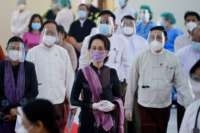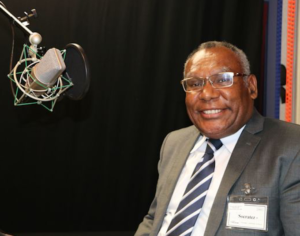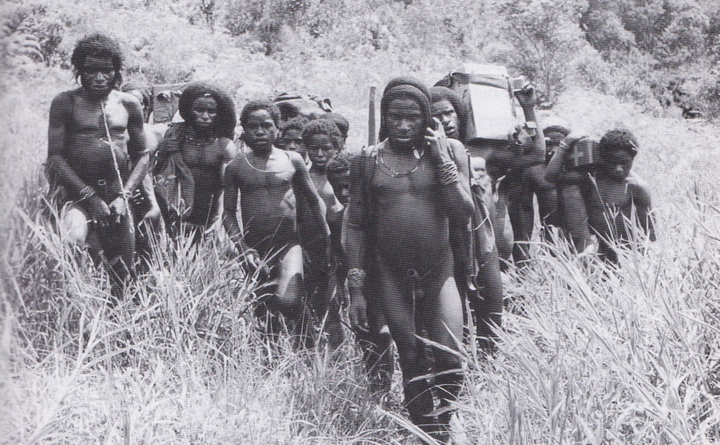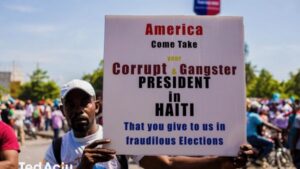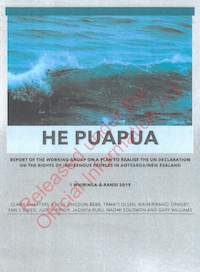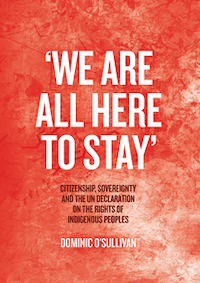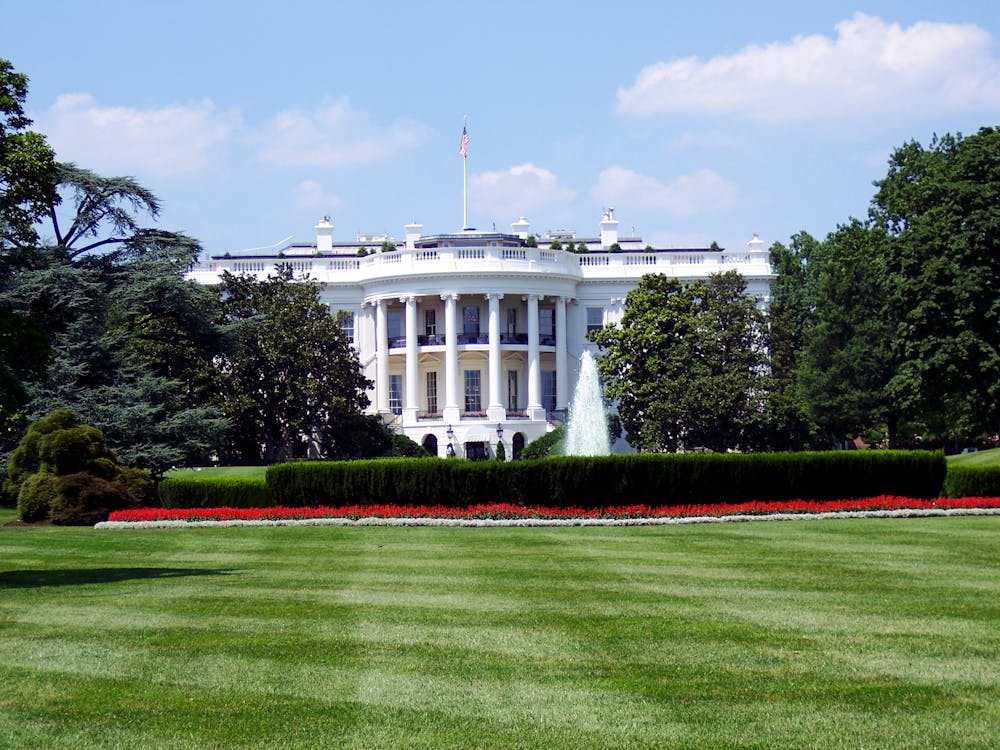The climate is changing, faster than we thought – and humans have caused it. Last night, the UN Intergovernmental Panel on Climate Change (IPCC) released the most comprehensive report on climate change ever – with hundreds of scientists taking part.
It says human activity is “unequivocally” driving the warming of atmosphere, ocean and land. The report projects that in the coming decades climate changes will increase in all regions.
Lead author on the paper, Associate Professor Amanda Maycock of Leeds University, told RNZ Morning Report the study gave governments a range of scenarios on what the world would look like with action and without it.
- READ MORE: UN sounds ‘code red for humanity’ warning over irreversible climate impact
- Climate change has already hit. Unless we act now, a hotter, drier and more dangerous future awaits, IPCC warns
- LISTEN: ‘It’s a fact that climate change is happening and it is affecting every region of the world already today’ – Report author Dr Amanda Maycock
- LISTEN: ‘I think the message is we need to work as hard as we can to get the emissions to zero as quickly as we can” – Climate scientist Professor James Renwick
- LISTEN: ‘They’ve had their Climate Commission report. We need the debate in Parliament. Now we need to commit to a realistic target and then we need some big action’ – Professor Bronwyn Hayward
- LISTEN: ‘Our country has deferred action on climate change for the better part of 30 years’ – Climate Change Minister James Shaw
- The full sixth IPCC report
“The new scenarios that we present in the report today span a range of different possible futures, so they range all the way from making very rapid, immediate and large-scale cuts in greenhouse gas emissions all the way up to a very pessimistic scenario where we don’t make any efforts to mitigate emissions at all.
“So we provide the government with a range of possible outcomes. Now in those five scenarios that we assess in each one of them, it’s expected that the 1.5 degree temperature threshold will either be reached or exceeded in the next 20-year period,” she said.
“However, importantly, the very low emission scenario that we assess — the one where we would reach net zero emissions by the middle of this century — it reaches 1.5 degrees, it may overshoot by a very small amount, possibly about 0.1 of a degree Celsius, but later on in the century the temperature would come back down again and it would start to fall and it would stabilise below the 1.5 degree threshold.
“So based on the scenarios that we present, there is still a route for us to achieve the goals of the 2015 Paris Agreement, to limit temperature (rises) to 1.5 degrees Celsius (on average).
“The publication of today’s report is extremely timely ahead of the COP 26 [climate change conference in Glasgow] meeting because it really does set out in starker terms than ever before that climate change is not a problem of the future anymore. It is here today. The climate is already changing and its impacts are being experienced everywhere on on the planet already.
‘Climate change is not a problem of the future anymore. It is here today. The climate is already changing and its impacts are being experienced everywhere on on the planet already.’
— Dr Amanda Maycock
“So that serves, I think, as very good motivation for the negotiations that will happen at COP 26. We’ve seen in recent years several countries making commitments in law to reach net zero emissions by mid-century, including New Zealand, and so we will see in November when the meeting takes place, how the other countries react to what the is presented in the working group one report today.
“It’s a fact that climate change is happening and it is affecting every region of the world already today. So we’re seeing, you know, every year in different parts of the world we see record breaking heatwaves taking place.
“We see increasingly severe events that are connected to climate change. You know, high rainfall events and flooding, wildfire events, which are often associated and exacerbated by extreme heat and drought, and these are happening all around us all of the time now.
“So this was what was predicted by the IPCC over many decades, the IPCC’s been saying for a long time now that climate change is happening but the impacts will become more severe as the warming continues to increase and that is what we are now seeing today.
The New Zealand context
Climate scientist and report co-author Professor James Renwick of Victoria University told Morning Report “the so-called real time attribution science — being able to use models to look at events pretty much as they happen and work out the fingerprint of climate change — has advanced so much in the last five to 10 years now, this information is incorporated into the report.
“So yes, we know that a lot of these extreme events that have been happening lately have been made worse by the changing climate.
“We’ve had just over a degree of warming so far, and you know, we see the consequences of that. Add another half a degree or another whole degree. It’s actually hard to imagine just how bad it could get it.
“I think the message is we need to work as hard as we can to get the emissions to zero as quickly as we can.

“This report is the most definite of any of the IPCC reports. There’s no hedging around that climate change is definitely happening. Human activity is definitely the cause is driving all of the change.
“The messages in a way the same as we’ve had from the IPCC for 20 years, 30 years even and yet the action hasn’t come through at the political level – we really are at the sort of last gasp stage if we’re going to stop the warming at some kind of manageable level, we need the action now.
The best technologies for avoiding the impact of climate change were still reducing emissions of greenhouse gases by switching to renewable energy and planting trees to absorb carbon dioxide, Dr Renwick said.
“So the faster we can reduce our use of oil and coal, the better everyone is going to be and hopefully some of these new [geo-engineering] technologies will prove useful. But there’s nothing on the table right now that looks particularly promising.”
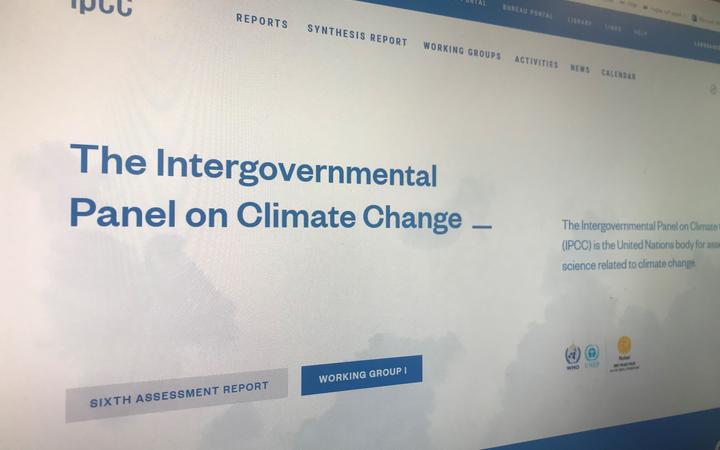
How we should respond
University of Canterbury’s Professor Bronwyn Hayward, a member of the IPCC core writing team, told Morning Report there would be “huge pressure on large and developed countries” ahead of the Glasgow climate change conference in November.
“I think the problem for New Zealand is that we are still using a climate target that was set two governments ago. It doesn’t meet the Paris Agreement,” she said.
“If the rest of the world did what we were doing, we’d be well over 3 degrees warmer. So we really just need to not wait to November to make a nice speech in Glasgow. There’s nothing stopping the government.
“They’ve had their Climate Commission report. We need the debate in Parliament. Now we need to commit to a realistic target and then we need some big action.
“The Climate Commission has said that we should be saying at least 36 percent cuts or much more, actually if we can, on the amount of emissions we were making back in 2005.
“But we also need a covid-like response. I think now we could really do with a popular public servant like Bloomfield to lead it, but we need a whole of government response where we are having regular reports where we’re bringing together what we’re doing on our emissions reduction and to protect people.
“So we need to see some big cuts [in emissions]. For example in transport and to be bold about this, like what would stop the government from actually supporting Auckland to provide all free public buses and congestion charging?
“I mean, make some big bold steps…
“At the moment we’re kind of keeping on treating climate as if it’s something about reducing climate through carbon changes, but it’s social actions as well, so investing in new jobs.
“So bring the thinking together, bring our Ministry of Social Development in with our Ministry for the Environment and really start thinking ‘what does a new lower carbon economy actually look like that works for people?’.
“There’s always a place for an Emissions Trading Scheme, but we have relied on that only for 30 years and we actually have to also, at the same time make real and concrete and rapid changes where we can … we need to be really planning, not just changing our market systems, but actually planning for concrete infrastructure and housing and city changes that are real on the ground and actually doing them now.
‘A catastrophe unfolding’
Minister for Climate Change and Green Party co-leader James Shaw said the key takeaway from the report was that the effects of climate change were happening now.
“It’s not something that’s going to be happening in the future somewhere else to somebody else. It is happening to us, and there’s a catastrophe that’s unfolding here in Aotearoa as well as to our nearest neighbours in Australia. And we can see that in that kind of wildfires and so on that they have every year and in the Pacific, where the rate of sea level rise is higher than just about anywhere else in the world,” he said.
“It just underscores the incredible urgency and the scale with which we need to act.
Despite the need to reduce emissions, agriculture – which contributes almost 50 percent of the country’s greenhouse gases – will not be included in the Emissions Trading Scheme until 2025.
Even then, it will be at a 95 percent discount – but Shaw said that was the “backup plan”.
“So what we’re doing is we’re building a farm level measurement management and pricing scheme for agriculture, and we’re actually the first country in the world to put in place a way of pricing agricultural emissions… you know, just because the pricing isn’t kicking in until the 1st of January 2025, people need to be reducing their emissions now.”
As for transport – which contributes 20 percent of Aotearoa’s greenhouse gas emissions – a shift to electric cars was important but so was mode shift, Shaw said.
“We need people to be able to access opportunities for walking, cycling, public transport and so on as well. And we know that our existing fleet of internal combustion engine vehicles is going to still be used for quite a long time because we hold on to our cars for a long time.
“That’s why we’re bring in a biofuels mandate to make sure that every litre of petrol sold has a biofuels component to it that will increase over time.
“But transport is the one area in our economy that has just been growing relentlessly for decades and we have to turn it around.”
“Our country has deferred action on climate change for the better part of 30 years. And what that means is that there is a much steeper curve that we are facing in front of us and [it is] much harder to do, given that we’ve waited so long to get started.”
This article is republished under a community partnership agreement with RNZ.
This post was originally published on Asia Pacific Report.


 with the pretext it needed to commence a relentless onslaught in the name of keeping the world safe for petroleum. This brings me to a forgotten anniversary. While August 6, 2021, of course, marks the 76th anniversary of the willful nuking of civilians in Hiroshima by the Home of the Brave
with the pretext it needed to commence a relentless onslaught in the name of keeping the world safe for petroleum. This brings me to a forgotten anniversary. While August 6, 2021, of course, marks the 76th anniversary of the willful nuking of civilians in Hiroshima by the Home of the Brave
